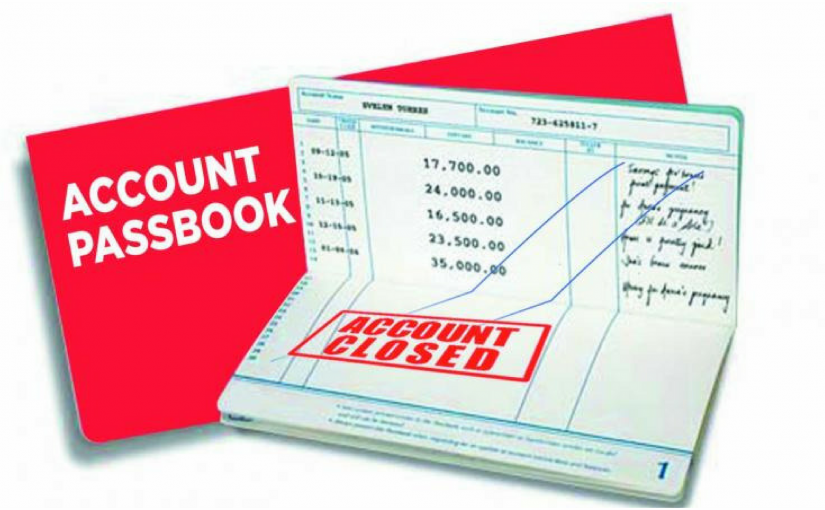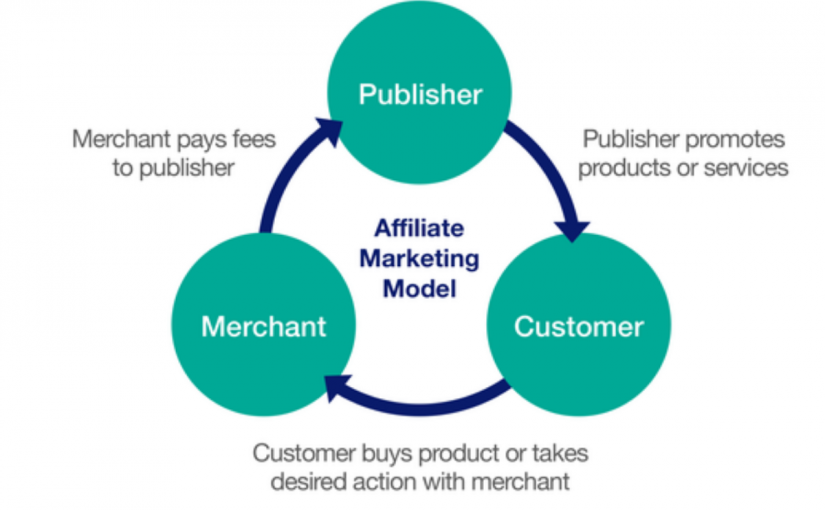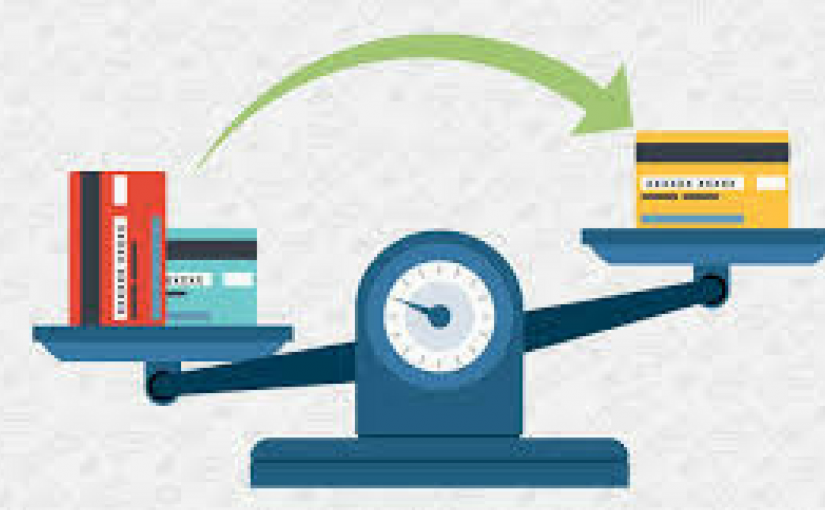This post may contain affiliate links please read our disclosure for more info. This video was first published on my YouTube channel; you can sign up for Respondent here –
Increasing Your Income
Often the path to financial freedom isn’t complicated, or at least the next step isn’t, it could simply be that you need to increase your income without adding additional stress to your weekly routine. In this post, I focus on one website that will allow you to do that. As always with any review I publish, I have personal experience and results from using the product or service. I hope that you find it useful too.
Respondent.io Review
In this video, I review the Respondent website. This video will be of interest to people who are interested in earning income online and making money online generally. Respondent is a website that brings together companies wanting qualitative research for their products and services and research participants who are paid for their time taking part in market research interviews.
It is very much a qualitative approach, typically you will be interviewed via webcam or in person by a market researcher for 45 minutes. Within 8-10 days you will receive payment via PayPal. Respondent is a good way to earn extra cash; in the video I discuss the process of applying for research interviews, the cash amounts available and my personal experience with Respondent. You can sign up for Respondent here
Next Steps
Would you like to earn some extra money on Respondent? You can sign up Sign up for Respondent here -> Have you heard of Respondent before? Let me know in the comments section below.
If you have enjoyed this post you will also like the following posts:
How to Monetize Twitter with Affiliate Marketing
Top 3 High Paying Affiliate Programs
What to do if you are Made Redundant: 5 Steps
How to Control Your Cashflow With a Bill Payment Schedule
Credit Cards: How to Make Balance Transfers Work For You
What’s the Best Strategy for Clearing Debts?
Save up to £300 per year by Changing Broadband Supplier
Investments: Why Saving is Not Enough
How to Stop Emotional Spending
Water Bills: Are you Pouring Money down the Plughole?
How to Stick to Your Budget During Summer: 5 Tips
Save Money by Switching Energy Supplier Every Year
My aim with each blog post is to help you move to a better financial future. I believe that there is not enough financial education in the national curriculum and I intend to share anything helpful that I have learned along the way. I am by no means a financial expert. None of the information on this website constitutes financial advice and is provided as general information only. This is my personal finance blog; my marketing blog is over here and I have been blogging there since 2010. I hope you have found this information useful. Thank you for reading.
Best regards,
Mike


















